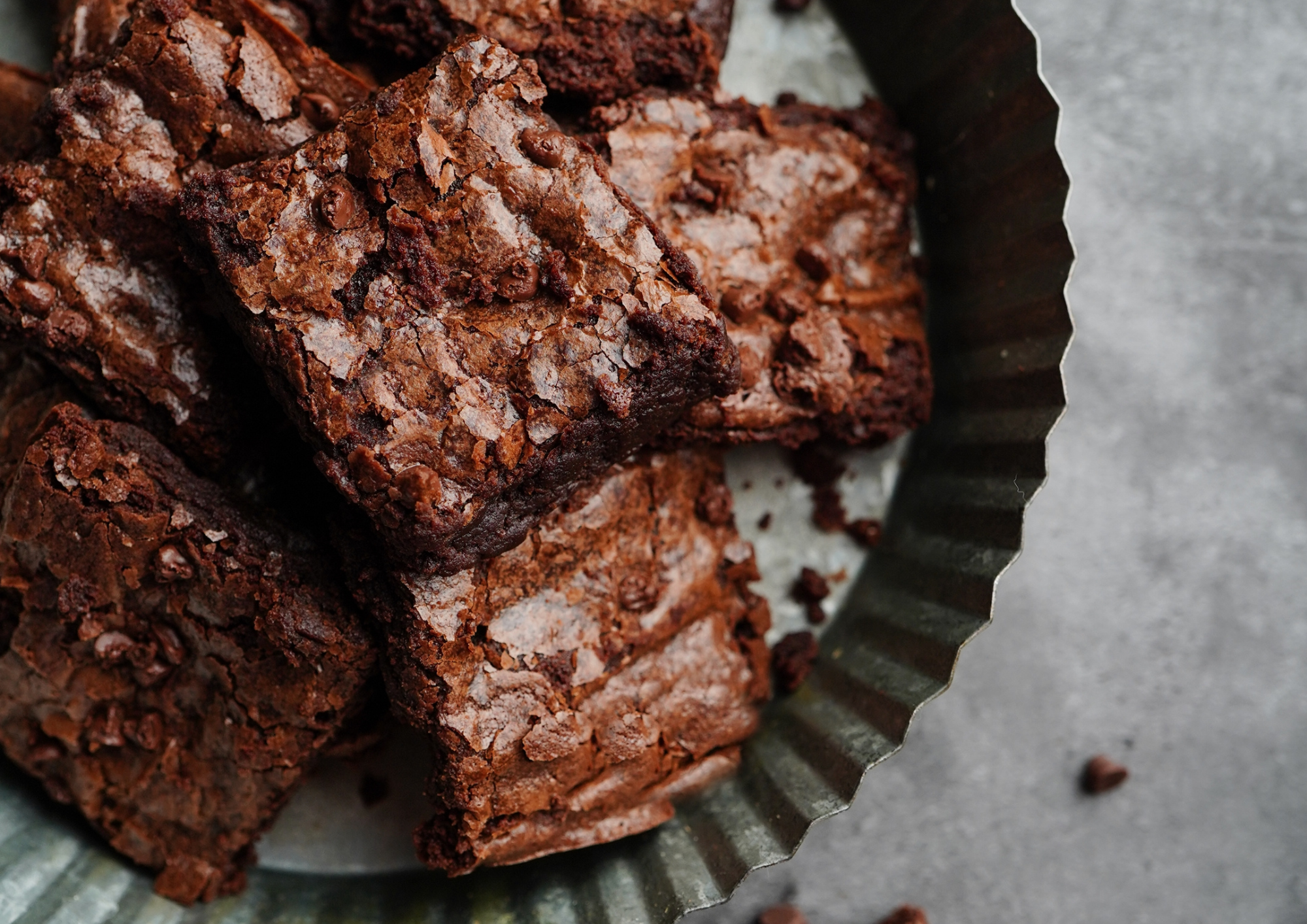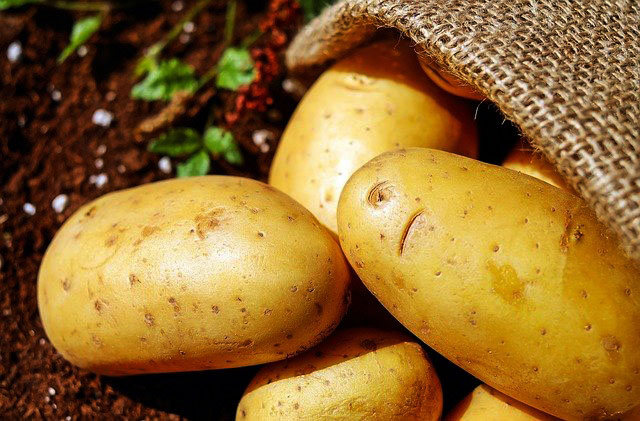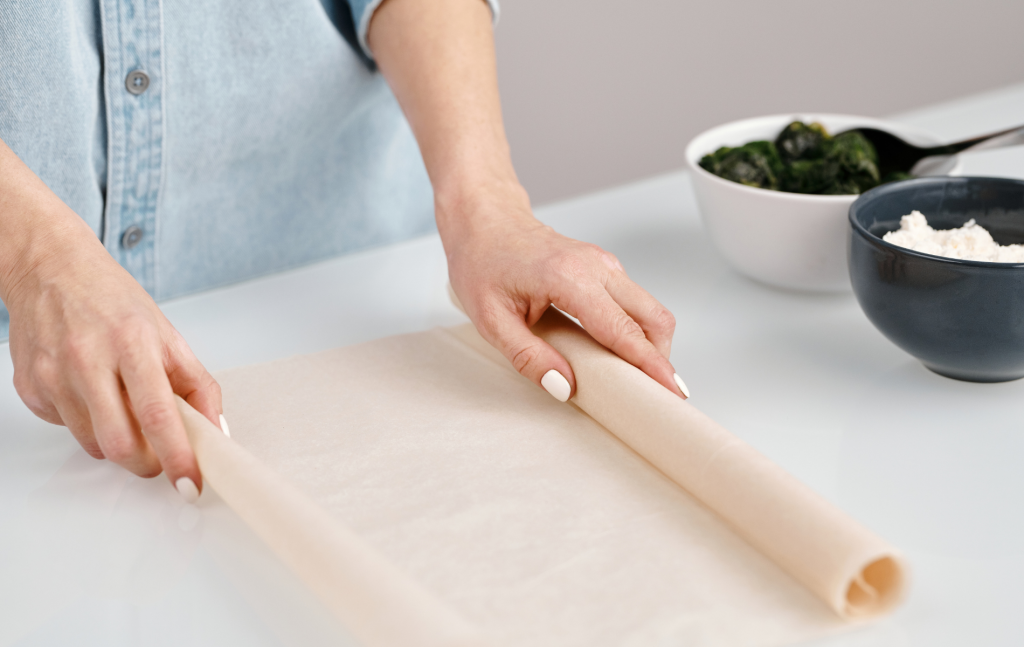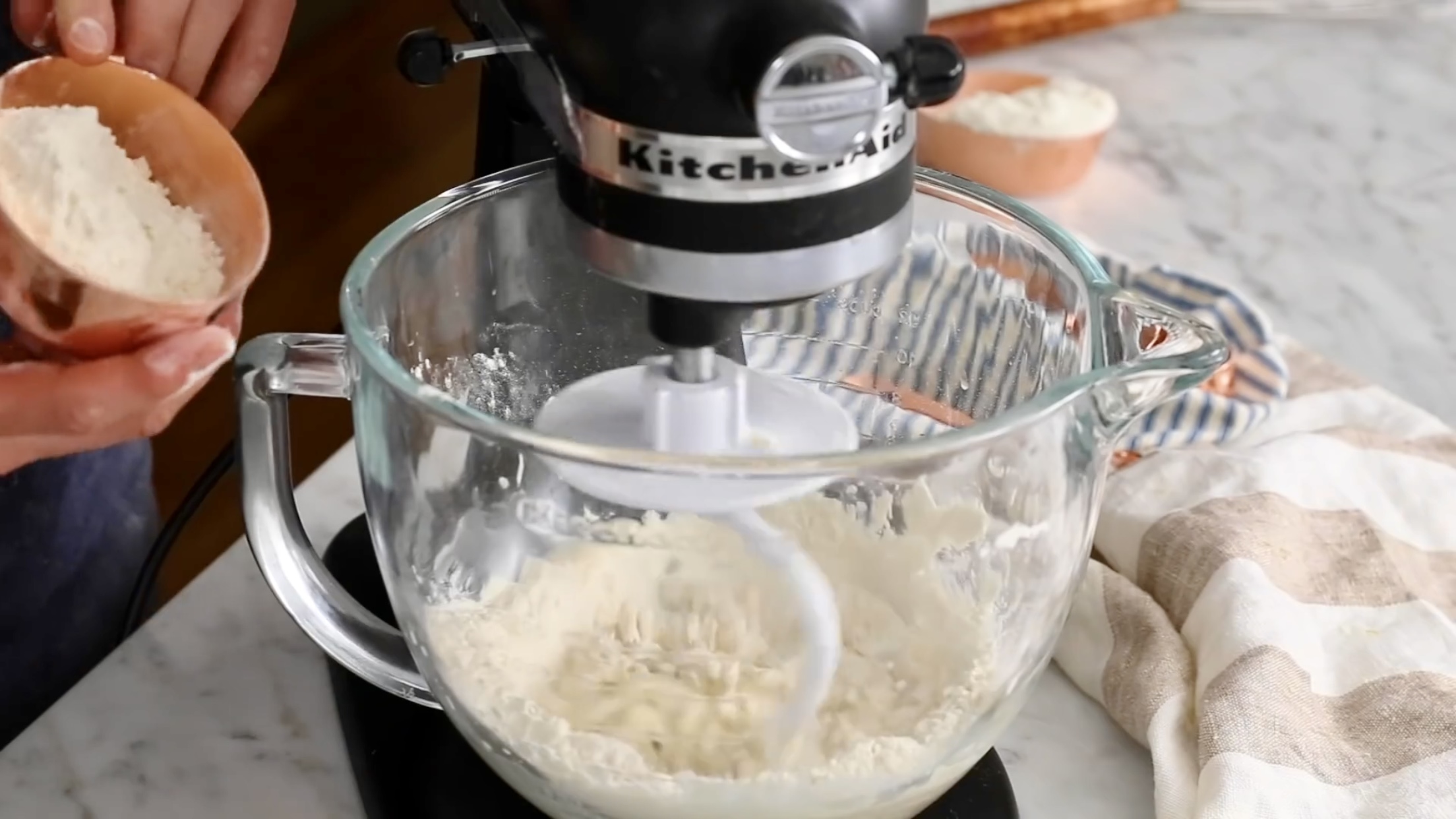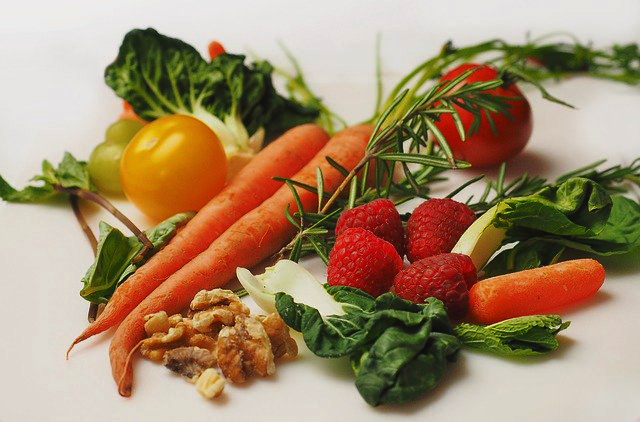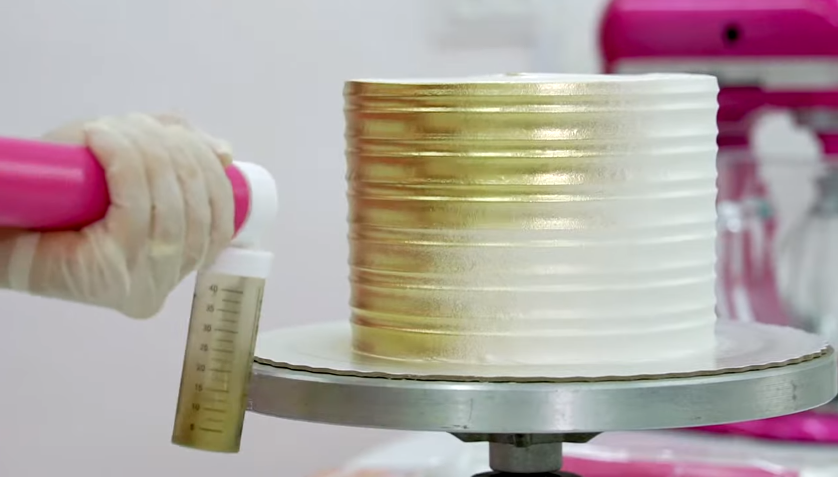Vermouth is a fortified wine, but according to at least one source, it is about as far from regular wine as you can get while still calling it wine.
Vermouth generally starts out as a low-alcohol white wine, which is fortified with the addition of a distilled spirit, coming either from grapes or a vegetable, such as sugar beets. The next step is what separates it from traditional wine and other fortified wines – a variety of flavorings are added, which may include quinine, coriander seeds, cloves, juniper berries, ginger, dried orange and/or lemon peel, hyssop, chamomile, raspberries, rose petals, cinnamon, and occasionally a little wormwood. The flavorings vary from manufacturer to manufacturer, but not from batch to batch; the product of each manufacturer should be consistent from year to year.
There are sweet red vermouths, to which a sugar syrup has been added. The dry white vermouth has a pronounced bitterness. You may hear vermouths characterized as French or Italian (the former being dry, the latter sweet), but it has no real geographical basis anymore. Vermouths are produced in many countries now, including the United States.
The herbs, spices, fruits and berries that were added to make vermouth as many as five centuries ago, originally had a medicinal purpose. Now vermouth is primarily a drink. The sweet (red, Italian) variation is drunk as an aperitif and in slightly sweet cocktails, such as the Americano. The dry (white, French) version is also an aperitif and, along with gin, is what makes a classic martini. Vermouth has an alcohol content around 17%.
In cooking, vermouth is used in sauces, court bouillon, salad dressings, in stews and casseroles, and for deglazing pans. You'll often see an ingredient line in a recipe calling for "white wine or dry vermouth." Clearly the vermouth will provide more flavor.
Major manufacturers of white vermouths are Martini & Rossi, Cinzano, and Noilly Prat, while Dubonnet and Carpano make noteworthy reds.
The name comes from the German word Wermuth, which, if like a good German you pronounce the W to sound like a V and the TH as a T, comes awfully close to vermouth. Wermuth is the German word for wormwood, an original flavoring for vermouth.
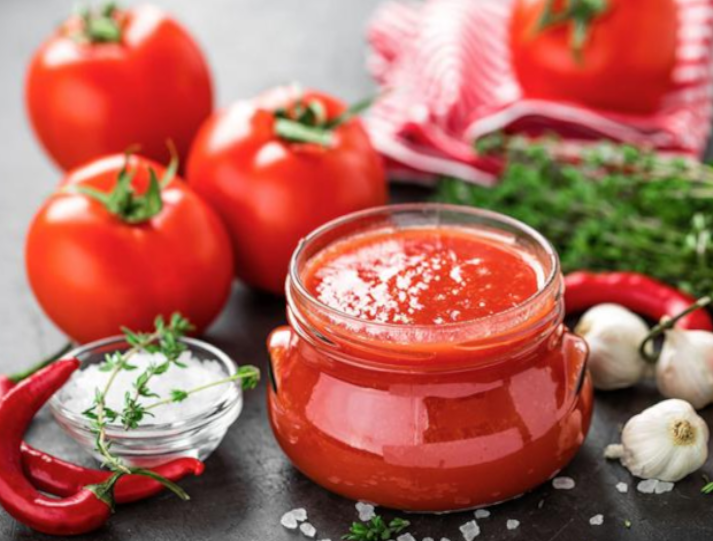
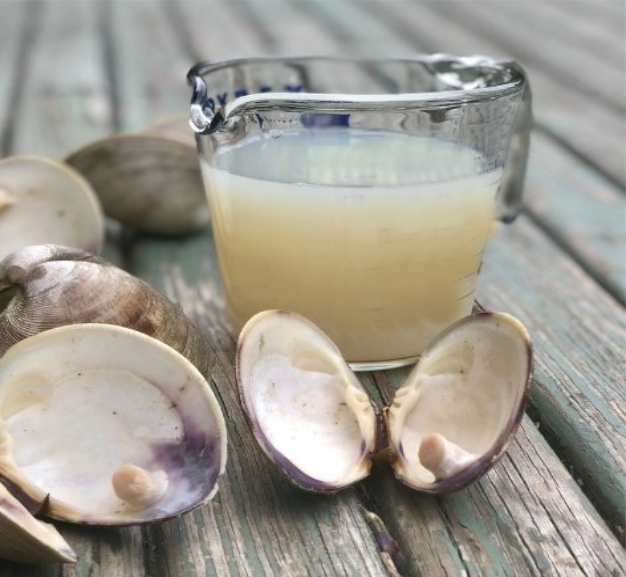
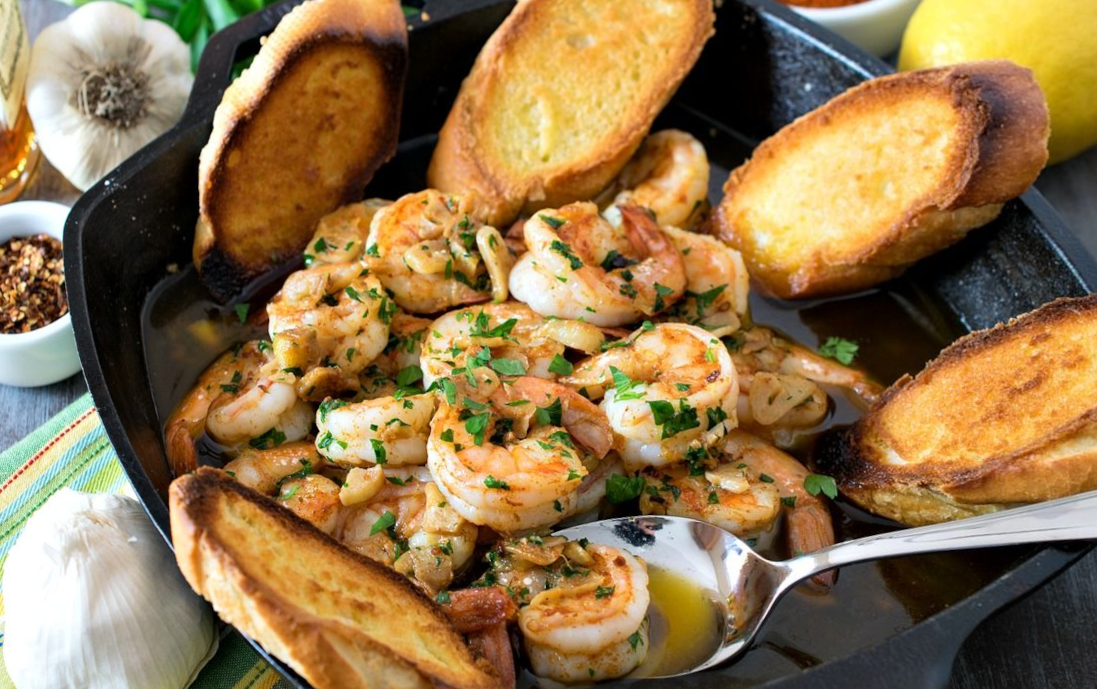

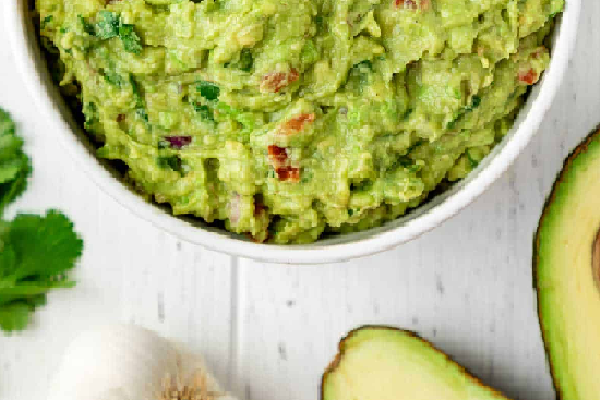
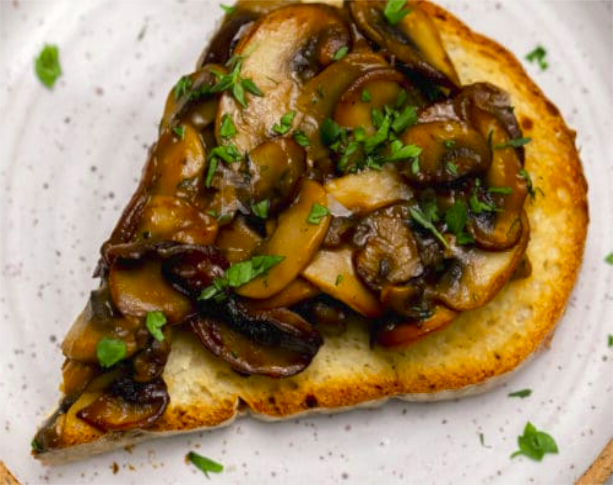
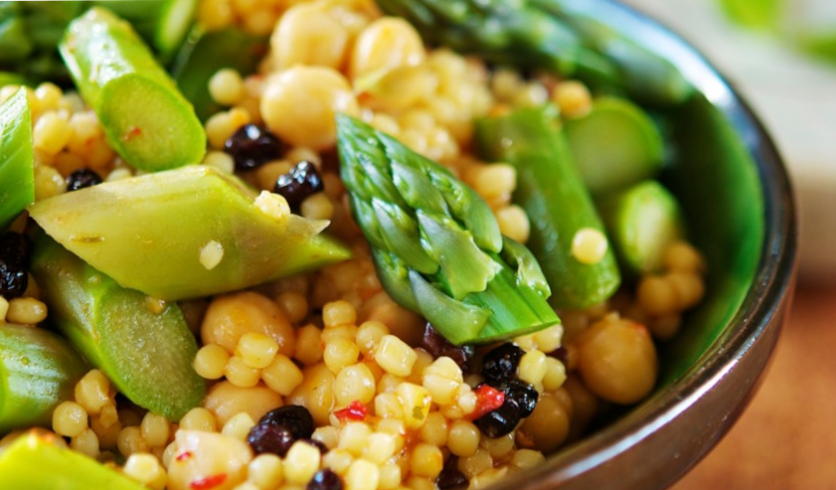
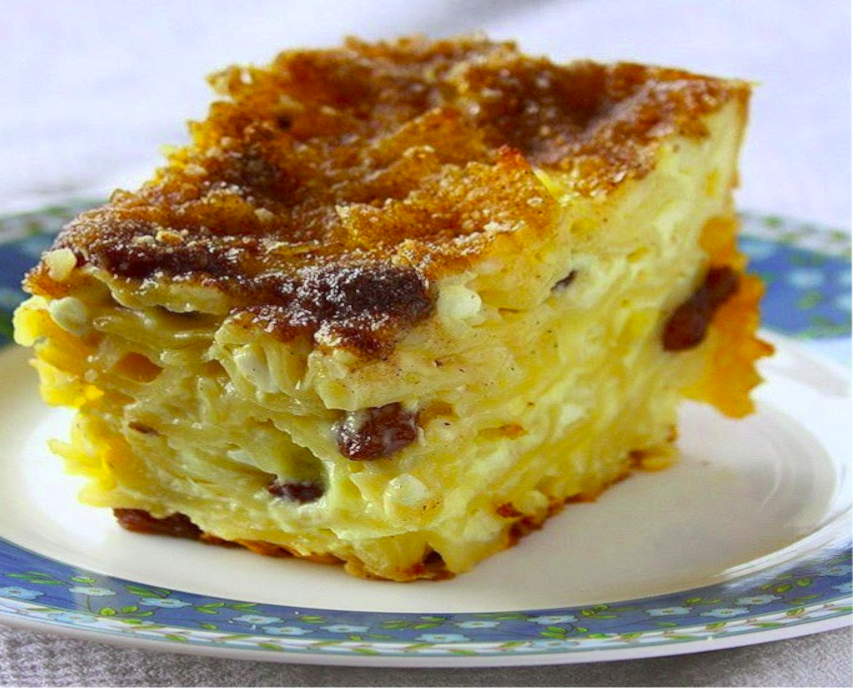
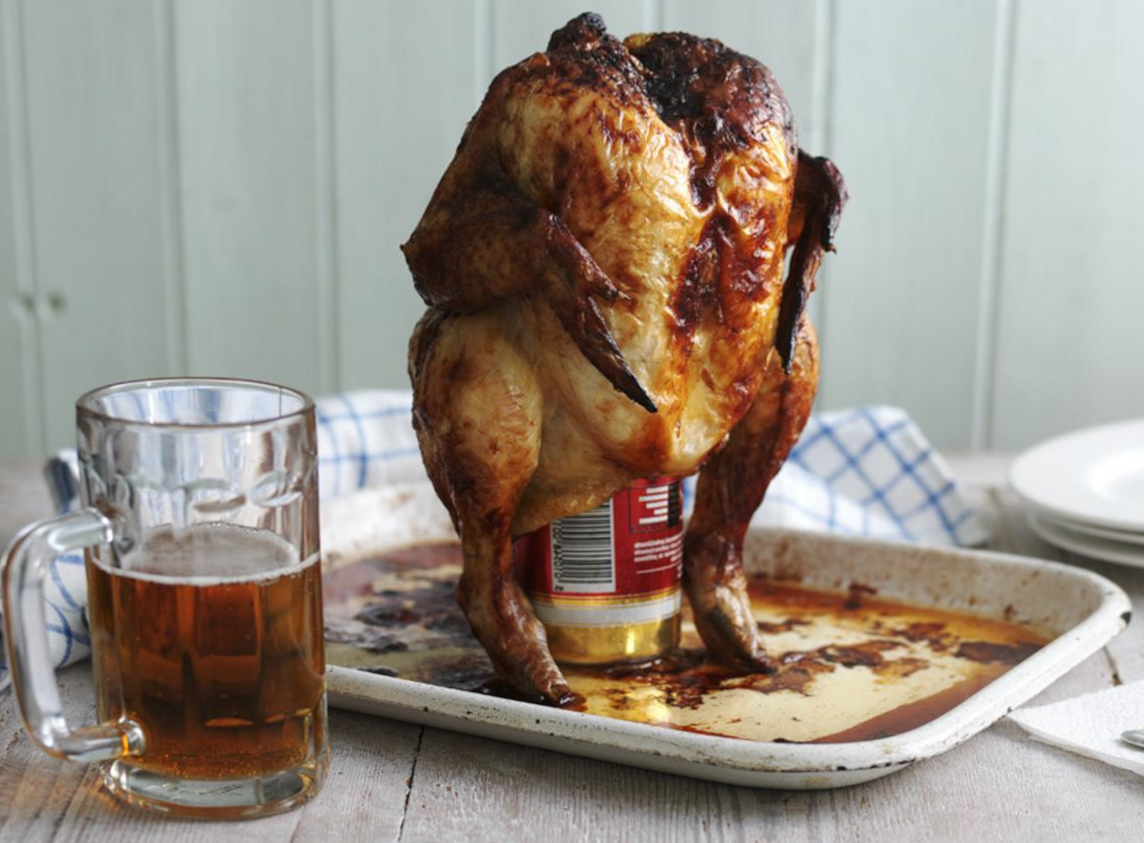





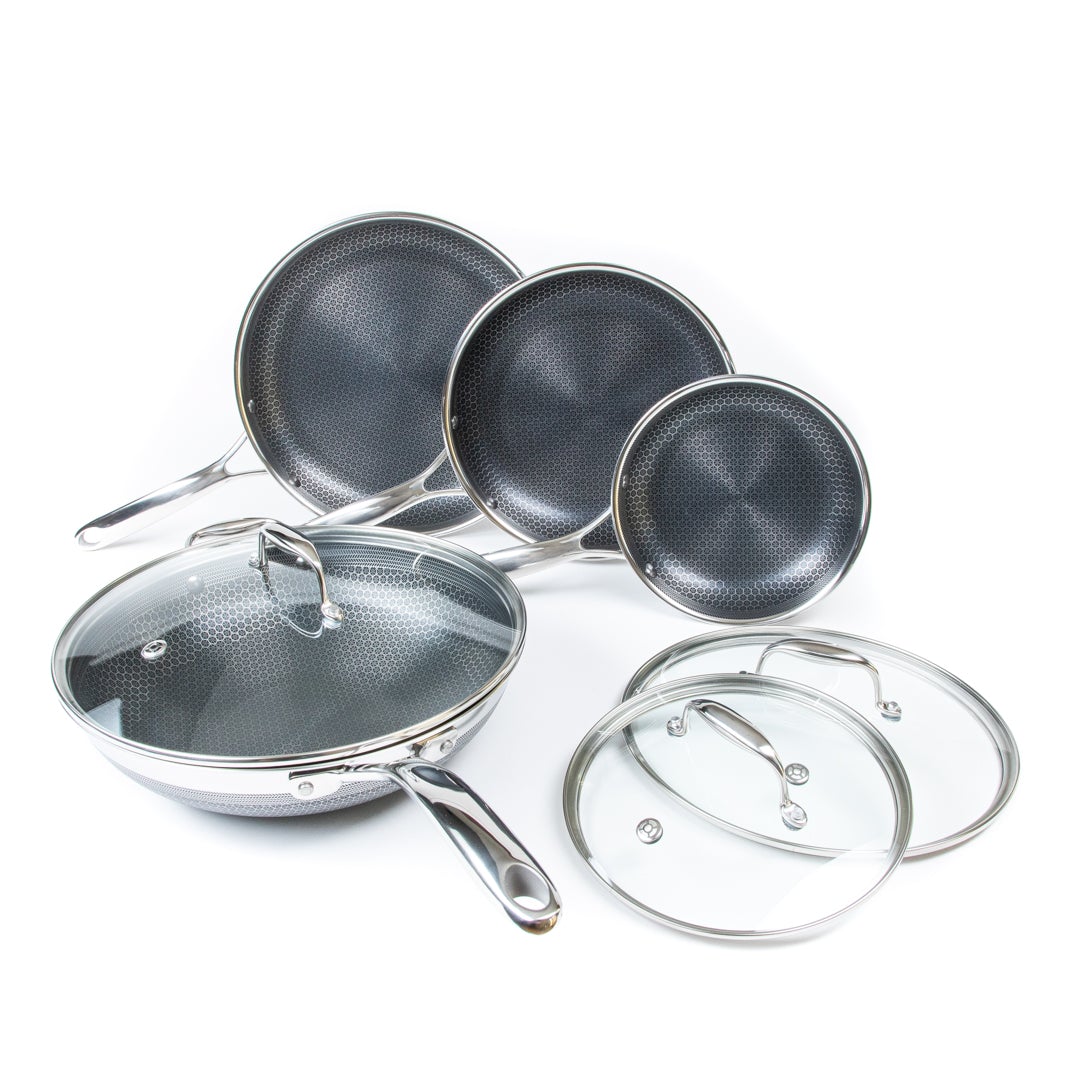

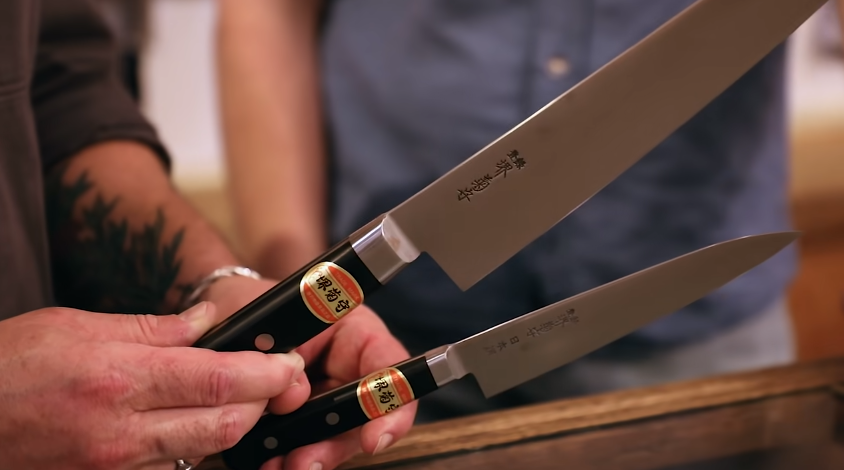
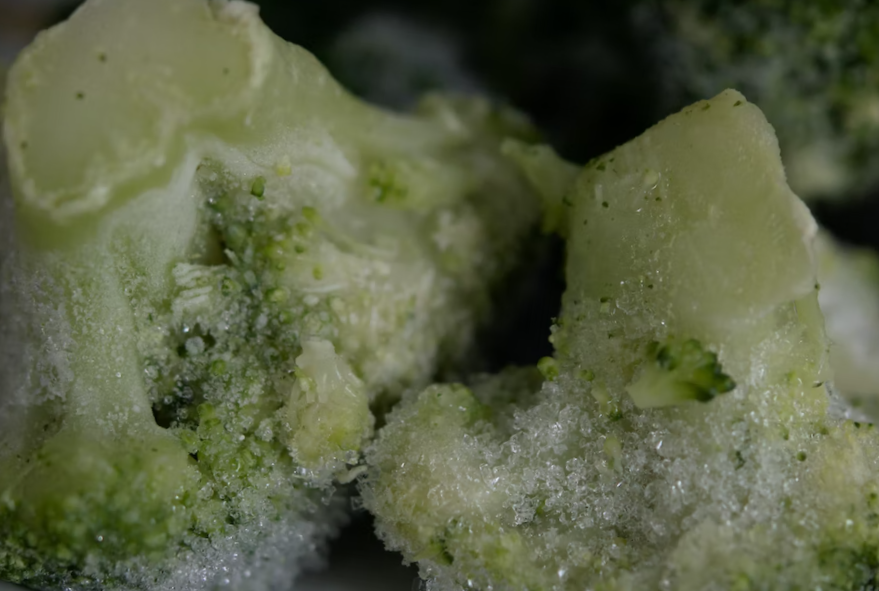


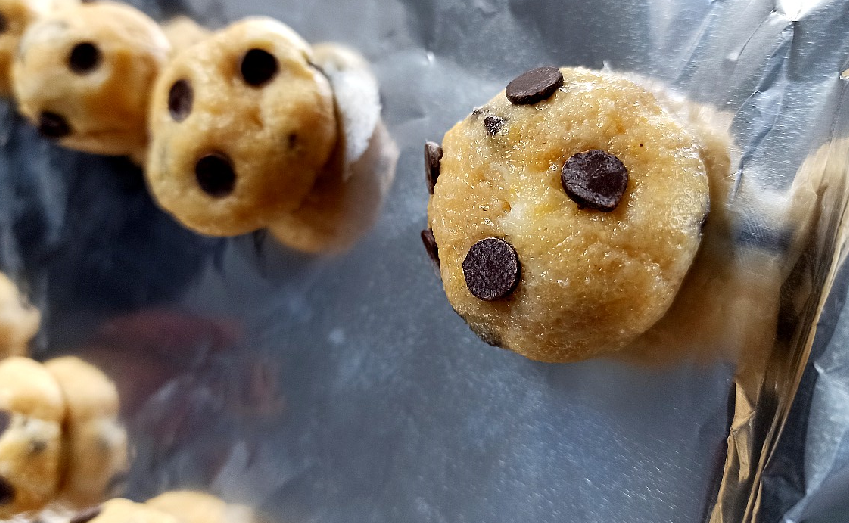
![Can you Cook Eggs in the Microwave? [Complete Guide]](/assets/images/c1f79d1cad59f18f9b5dc31403bd0eb2.png)
